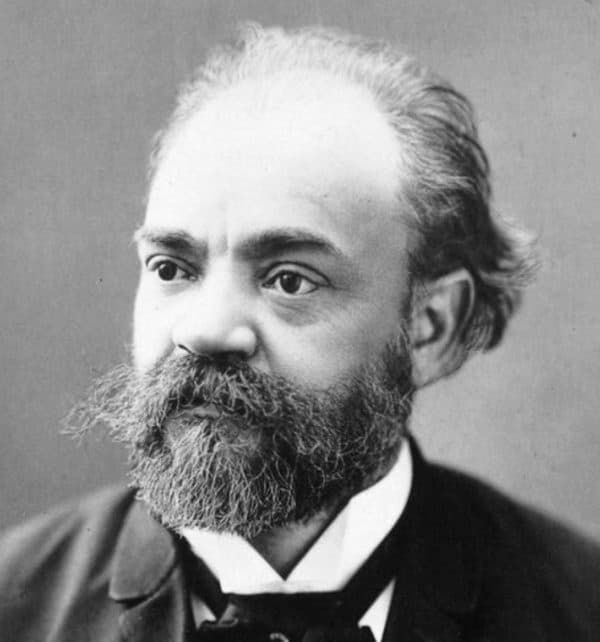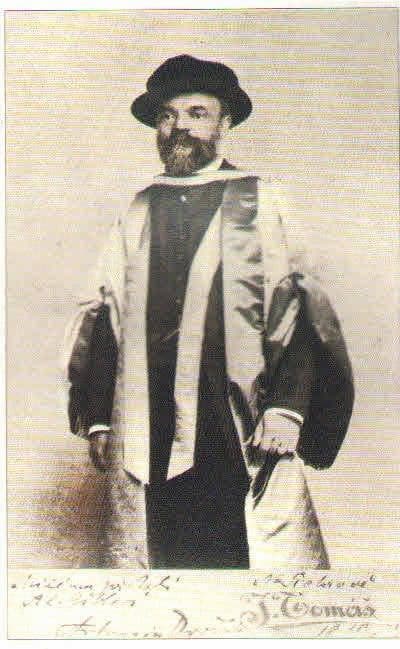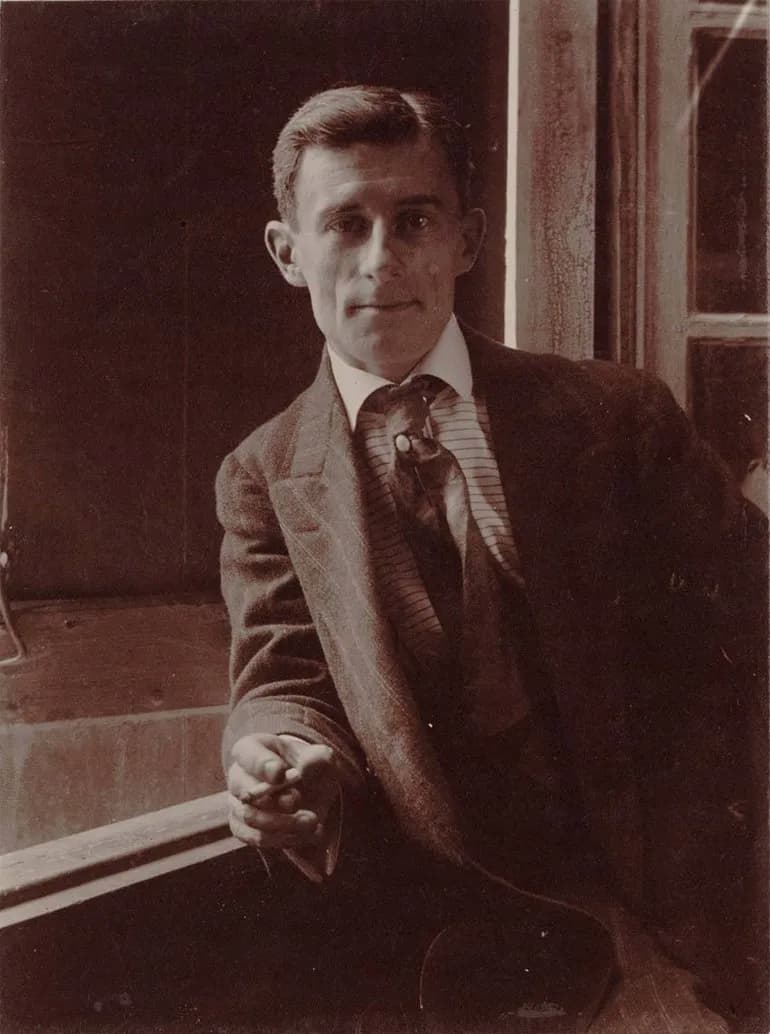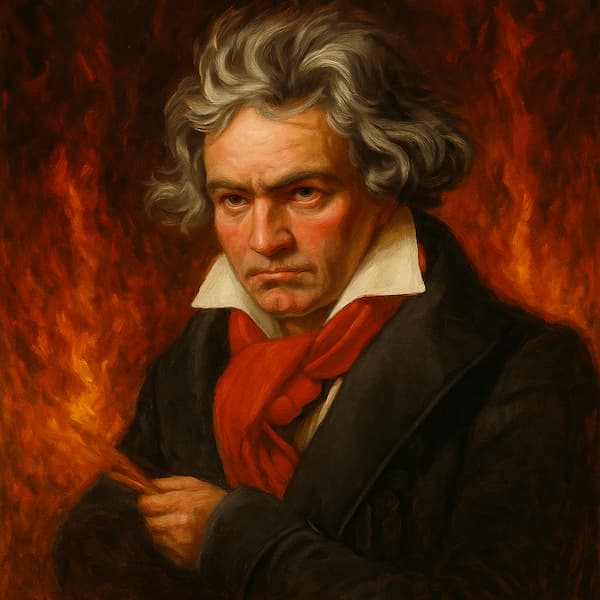In the early 1890s, Antonín Dvořák (1841–1904) stepped away from his strongly Bohemian folksong–influenced orchestral music to write three overtures that he originally intended as a unified set entitled Nature, Life and Love. In the end, however, he published the three works separately as In the Realm of Nature, Op. 91, Carnival, Op. 92, and Othello, Op. 93. Since they were originally intended as a set, their essential musical themes are related.

Dvořák in New York, 1893
In Nature’s Realm, Op. 91, started with the working title of both Summer Night and Loneliness. As befits its origins as a piece of time and place, the final work is probably closer to Beethoven’s Sixth Symphony and its opening movement of “awakening of cheerful feelings on arrival in the countryside”, than any of Liszt’s more fervid pieces.
The opening motif is based on the interval of a third and carries a whiff of birdsong in its presentation. The anthem-like ‘nature theme’ follows and then intervals of dance music interject.
Although the formal structure could be tied, with difficulty, to a kind of three-part sonata form, with the middle section a rather powerful albeit earnest development, the constantly evolving nature theme makes connections with rondo form. The end is like the beginning, giving us an audible reference to the cycle of nature.
The work is dedicated to the University of Cambridge, which awarded Dvořák an honorary doctorate in 1891.

Dvořák in 1891 in his Cambridge doctoral gown
Antonín Dvořák: In Nature’s Realm, Op. 91, B. 168 (German Radio Saarbrücken-Kaiserslautern Philharmonic Orchestra; Karel Mark Chichon, cond.)
Carnival, Op. 92, was dedicated to the University of Prague, which had awarded him a doctorate in 1890. Written that same year, Carnival is a work of cheerful extravaganza.
Antonín Dvořák: Carnival, Op. 92 (BBC Philharmonic Orchestra; Stephen Gunzenhauser, cond.)
The series closes with Othello, op. 93. Although one of Dvořák’s rarely played works, Othello stands out as both ‘powerful and strikingly original’. Modelled, of course, on Shakespeare’s play of the same title, Dvořák’s work focuses on the dark side of love and the destructive power of jealousy. This may have been a case of Dvořák examining his own life. In his earlier years, he had fallen into love, unrequited, with his pupil, Josefina Čermákóva. She married someone else and Dvořák married Josefina’s younger sister Anna.
The hymn-like opening (idealized love or a sleeping Desdemona?) quickly turns to the dark side as the black passions come to the fore. Towards the end, ‘one particularly eerie passage … (flickering flutes, quietly clashed cymbals, sinister muted horn) surely shows us Othello himself approaching Desdemona’s chamber with murder in mind’. It all ends in an outburst of frustrated rage and despair.
Antonín Dvořák: Othello, Op. 93, B. 174 (Academy of St. Martin in the Fields Orchestra; Neville Marriner, cond.)
Dvořák had intended these works to be a unified set much on the model of Bedřich Smetana’s set of six tone poems, Má vlast (My Country), but it is thought he was pressured by his publisher to bring the three works out separately. The concept of the three works forming a larger super set has been forgotten and now we hear Carnival most frequently, then In the Realm of Nature and, much more rarely, Othello. After these three works were completed, Dvořák left to head The National Conservatory of Music of America in New York.
For more of the best in classical music, sign up for our E-Newsletter



